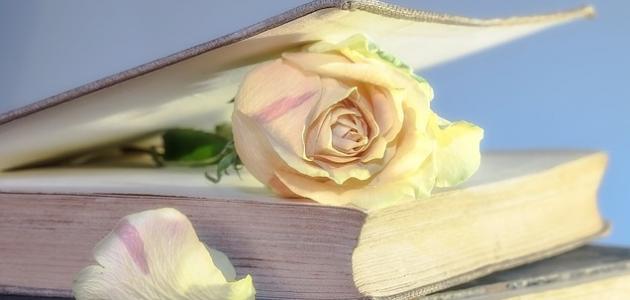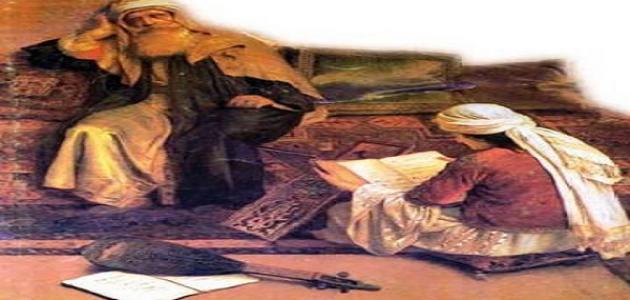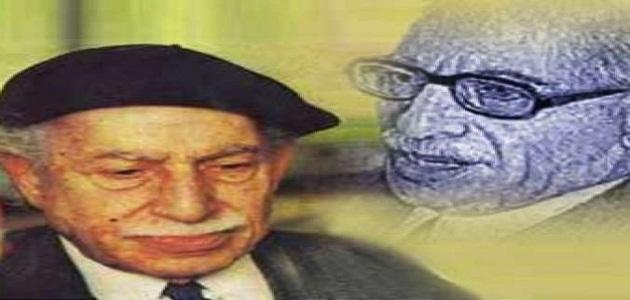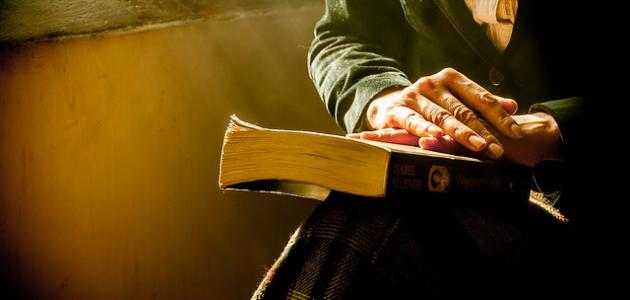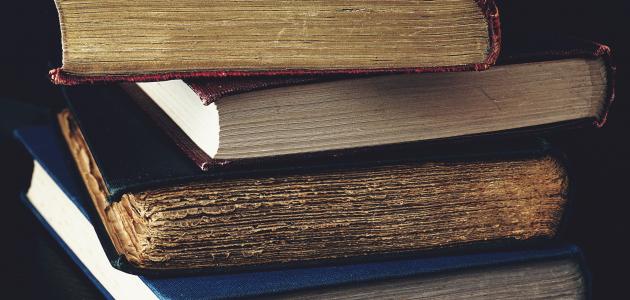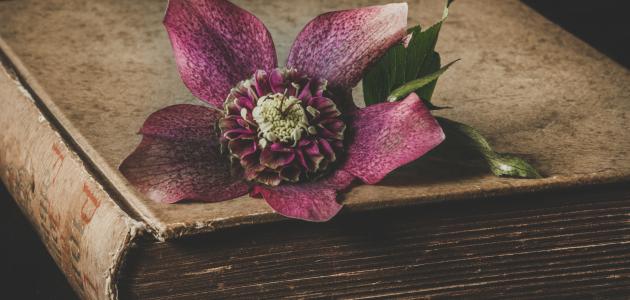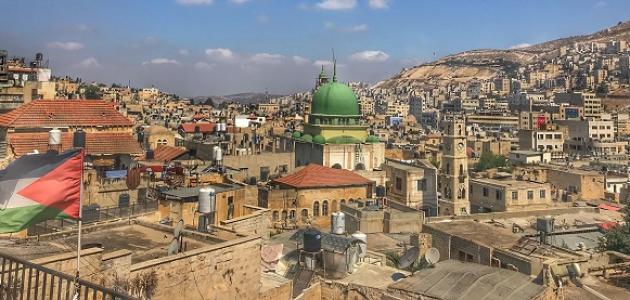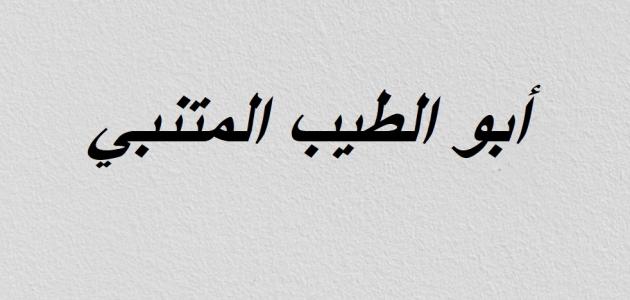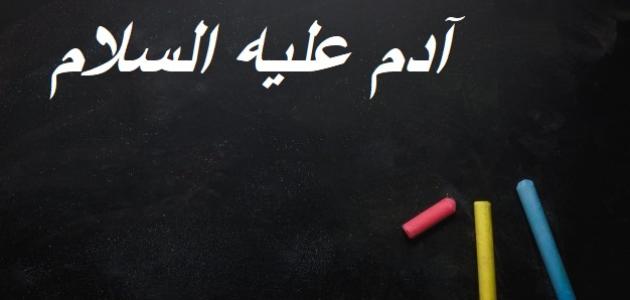Introducing Ibrahim Touqan
Ibrahim Touqan is a prominent Palestinian poet who is considered one of the pioneers of modern Arabic poetry. He is famous for his patriotic poems, so he was called the “Poet of Patriotism” and “The Guardian of the Land.” He is one of the poets calling for Arab nationalism. It became the national anthem of Palestine, and Ibrahim was subject, in his view of poetry and in his perception of its nature, to two critical principles. The impact of the toil of the mind in it.
Ibrahim Touqan as a poet
Ibrahim Touqan published his first poem in a newspaper in 1923 AD, the same year he joined the American University. The period of study was the highest stage of giving for Touqan, as he published in 1924 AD a poem (Angels of Mercy), which drew attention to him, and in the same period his brother introduced him to him. Ahmed Ali, the critic Saeed Taqi Al-Din, who took it upon himself to support him, and the poet Bishara Al-Khoury, nicknamed Al-Akhtal Al-Saghir.
Ibrahim composed patriotic poetry, in addition to some poems, articles, and radio interviews that were broadcast over Palestine Radio and were not published. Most of Ibrahim's compositions were vertical, but he also wrote syllabic poetry such as the national anthem. As for his poetic output, he has (Ibrahim Touqan's Diwan) and it was printed several times. Since 1955 AD, most of his poems are patriotic, in addition to some poems of flirtation and praise. He also has a collection of poetry entitled (Lanterns for the Extinguished Day), which was published by Dar Ibn Rushd in Amman in 1985 AD.
Read also:Definition of the poet Jalal al-Din al-NaqqashThe upbringing and childhood of Ibrahim Touqan
The poet Ibrahim Abdel-Fattah Touqan was born in the year 1905 AD in the city of Nablus, Palestine, in one of its ancient homes, where his family was one of the famous families in the country, and it was known for its commitment and preservation of inherited customs and traditions. His mother, Fawzia Al-Ascalan, was a kind woman close to the heart and committed to her home, based on the care of her children, like all other Palestinian women at the time.
Ibrahim Touqan enjoyed the support of his family in his childhood, as signs of talent appeared in him from an early age, and his family had noticed that talent, which was one of its manifestations in singing popular songs during his fun and playing with his Turkish grandmother, and when he was telling his grandfather historical stories such as the story of Abu Zaid al-Hilali and the story of Saif bin Dhi Yazan, and when he used to read to him the poems of poetry that he used to memorize in school, which was admiring the grandfather and bringing pleasure to his heart, as his teachers noticed this early genius in Ibrahim, and they were very impressed with him and he received a lot of encouragement from them, in addition to To the encouragement and support of his brother Ahmed, who did not skimp on him with his experience, so he was always guiding him.
Read also:Who is Ziyad bin Nahit?Ibrahim Touqan received his primary education at the Rashidiyyah School in the city of Nablus, where he spent four years studying there from 1914 AD to 1918 AD, then he moved to the Bishop’s School at the English College in Jerusalem in 1919 AD to complete his secondary education, and there he met his teacher, Nakhla Zureik, who was a student. At his hands, he learned from him the love of the Arabic language and ancient poetry, and he spent four years in this school before joining the American University in Beirut in 1923 AD, where he stayed for six years, during which he studied literature, then graduated from it in 1929 AD, then returned to study Arabic at An-Najah College in Nablus for a year before returning to Beirut to work at the American University in the Department of Arabic Literature for two years, in which he was honored and called the “University Poet.” Then he returned to Jerusalem to study at the Rashidiyyah School in 1932 AD, but the disease became severe and he underwent an operation. After a successful surgery, he left teaching, and after that he worked as a director in the Water Authority, then as a director for his father’s commercial business, then he stopped working for a while and devoted himself to writing poetry, then he worked for Palestine Radio as a director of Arab programs in 1936 AD for a period of four years, and during that period He married Samia Abd al-Hadi in 1937 AD and they had two children, Jaafar and Arib, then he went with his family to Baghdad after finishing his work on the radio to work as a teacher in Rustamiya, but barely two months had passed since his stay in Iraq until his illness became severe, which led him to return to Nablus.
Read also:How did Abu Qasim al-Shabi die?Sources of the culture of the poet Ibrahim Touqan
Ibrahim Touqan’s religious upbringing had a great impact on the formation of the tributaries of his culture, as the Holy Qur’an and the Sunnah of the Prophet are among the most important of these tributaries. He was frequently recited, and his recitation was characterized by reverence, contemplation, and contemplation of his eloquence. The religious dimension appeared clearly in Ibrahim’s poetry, as an example of that are the following poetic verses, which show his influence on the Holy Qur’an:
To you I turned my Creator
- Thank you for the blessing of wellness
If she is gone, then who is able
- Only you for her response for a second
And the doctor has no hand in healing
- But it is your healing hand
Blessed are you, the restorer of life
- Whenever you want in the greatest ballet
As for the second source of the poet Ibrahim’s culture, it is the literary interests of his family. His paternal grandfather was a man of letters and a poet, so Ibrahim grew up influenced by him, so he loved poetry and clung to it, and he used to read and memorize a lot for it, especially the old ones. One of the most beloved literary books to him was the Book of Songs, and one of the most beloved poets to him was Al-Mutanabbi. And Al-Abbas bin Al-Ahnaf, and the highest of them in his rank is Ahmad Shawqi.
Poet Ibrahim Touqan's illness and death
Illness was a companion on the path of Ibrahim Touqan since his birth, as he suffered from it a lot, so he was constantly visiting doctors and hospitals, and he talked about his illness saying: (The disease is like age and livelihood, success and failure..and I am among my nine remaining brothers, who were pregnant by my mother, Um Ahmed, after an illness Dangerous, I almost approached death, so I was in her womb when she was convalescing, and her body organs and strength in general were weak, so I came with sickness and weakness).
The disease became severe for Ibrahim after he traveled to Iraq to work as a teacher there, as he went thinking that he would work as a teacher in the Teachers’ House in Baghdad, but he was surprised by his appointment in the Al-Rustamiya region, which is a remote area several kilometers away from Baghdad, and after two months of starting his work, his health could not bear the hardship of this work He suffered a severe setback and received temporary treatment in Baghdad, then returned to Nablus and was admitted to the hospital, but he hardly stayed there for a few days until he passed away on the second of May on Friday evening 1941 AD.
Poetry verses from the poems of the poet Ibrahim Touqan
Here are some poetic verses from the poem “Angels of Mercy” by the poet Ibrahim Touqan:
Dove eggs, according to them
- I repeat their saga
A symbol of safety and meekness
- Since the beginning of creation here
In every meadow, close by
- The harvest is for them
These lines are from the poem “Ghareera in the Library”:
And a badger in his office
- With her beauty, she is veiled
she sat down to read or to write
- What teacher arranged
And I was locked up so I wouldn't see
- My flaming breath
These lines are from the poem “The Teacher”:
Shawqi says he didn't know about my calamity
- Standup for teacher show him your respect
Sit down, will you be venerated?
- Who was the young boys boyfriend
And the prince almost worries me by saying
- The teacher was almost a messenger
